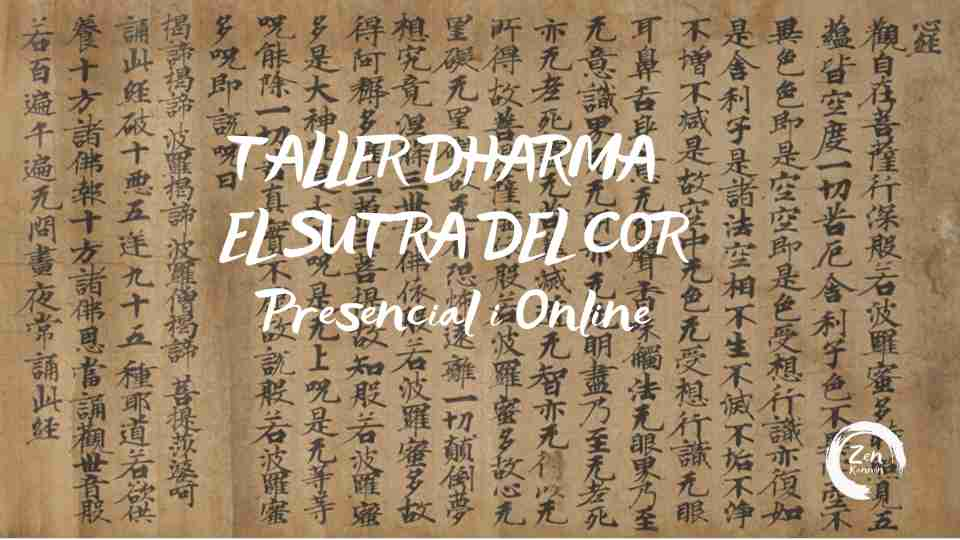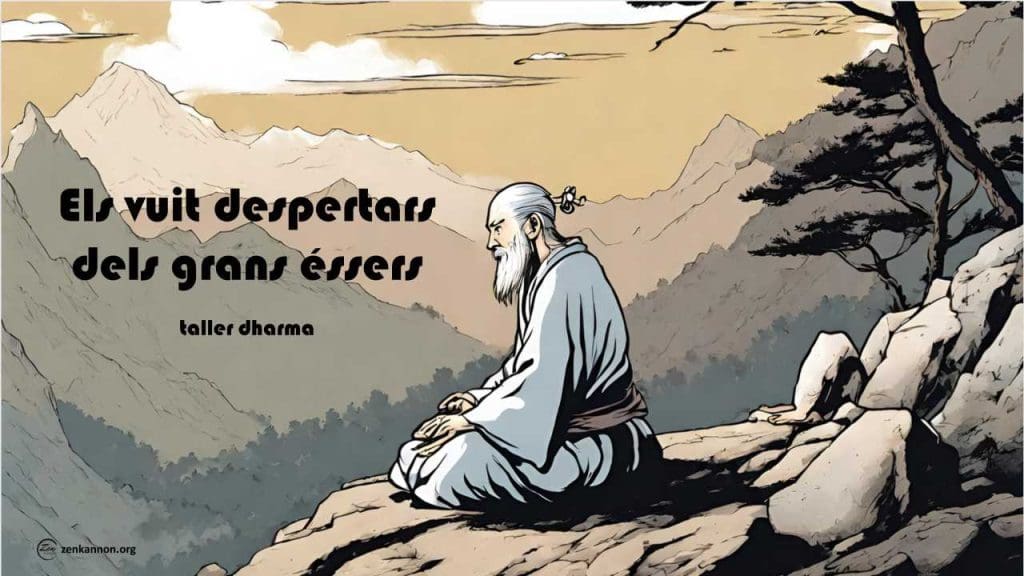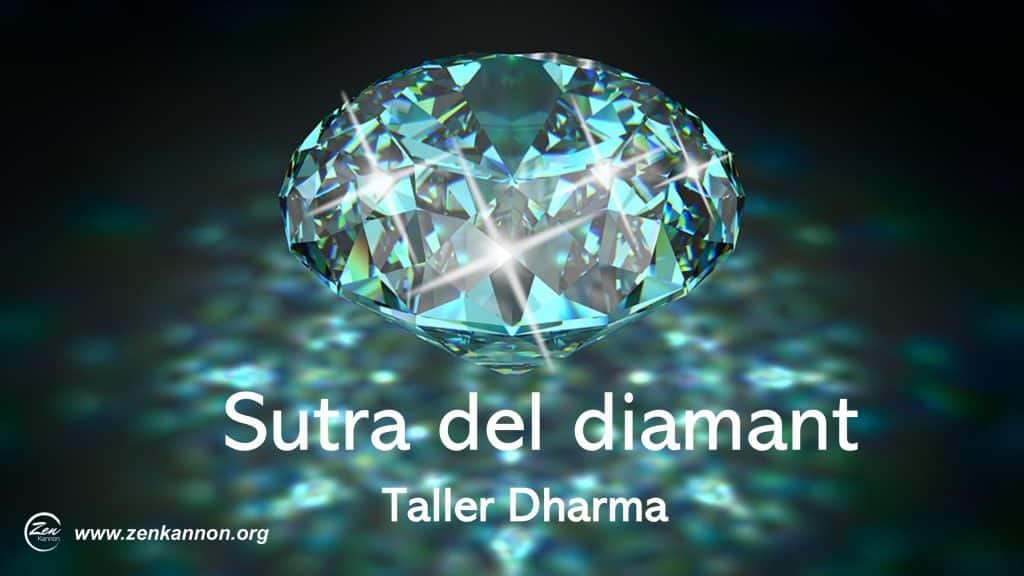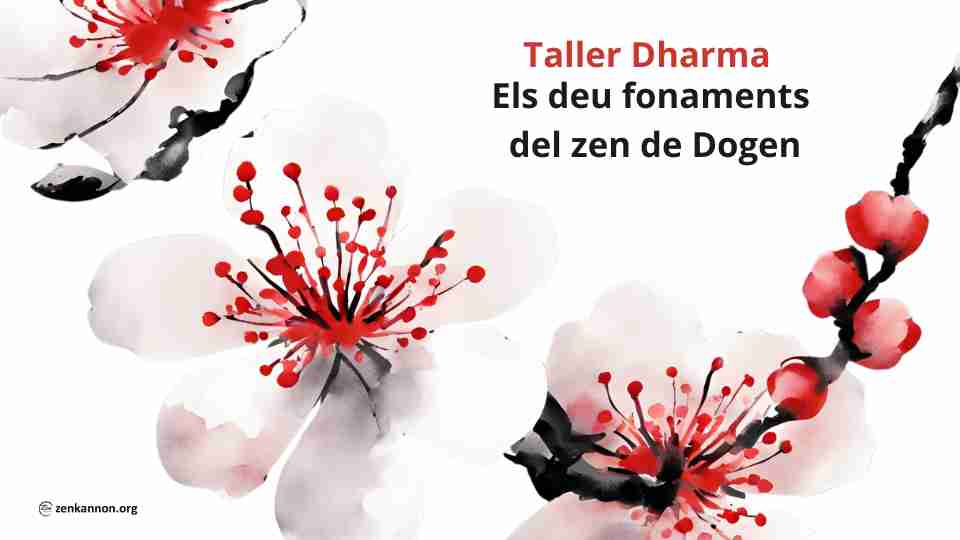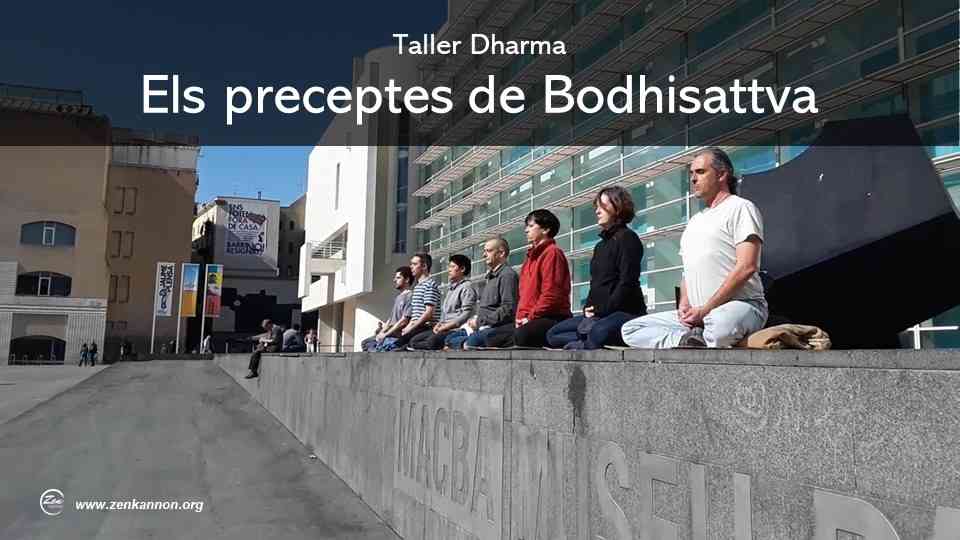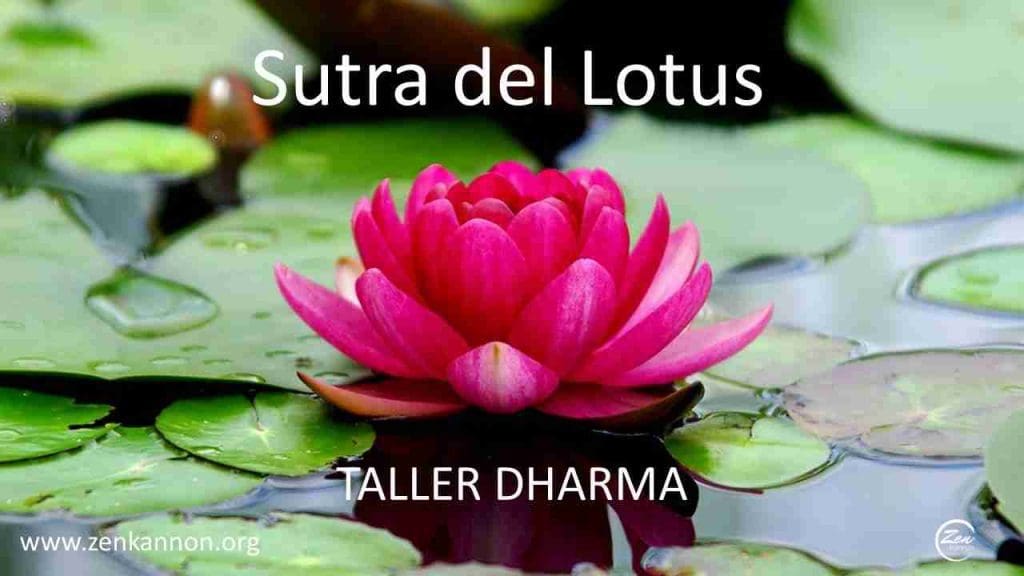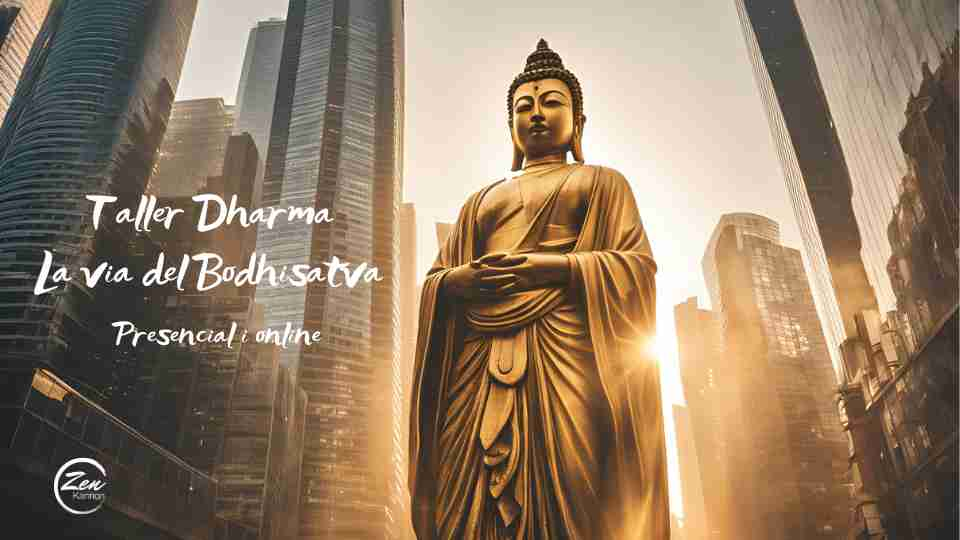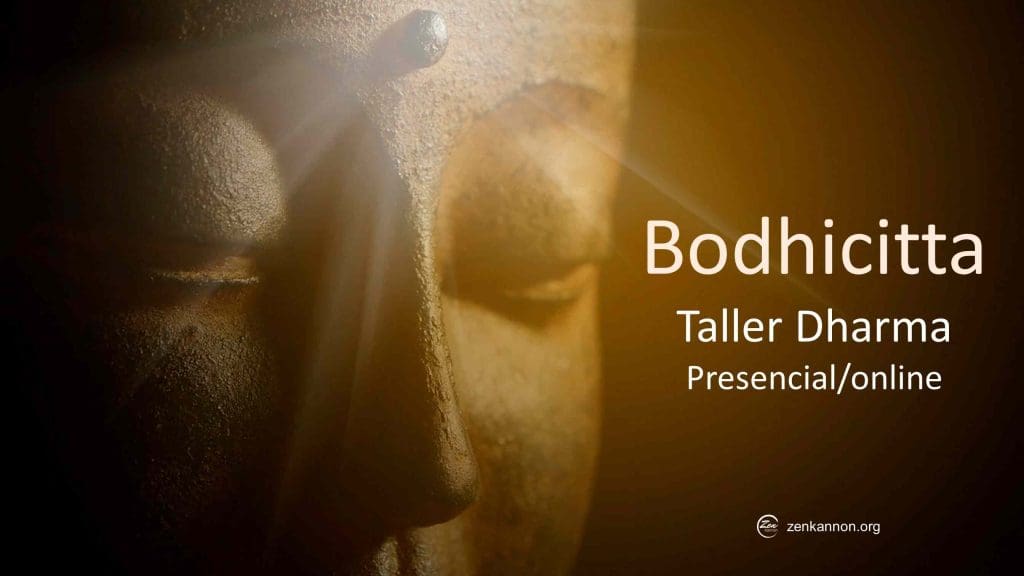The Heart Sutra
The Heart Sutra, Hannya Shingyo as we call it in the Zen school, is chanted in Zen dojos and temples at the end of the morning meditation. The first time, it may feel uncomfortable to chant a Sutra. Many of us have lost the habit of singing with others—perhaps we only did so as children—and now singing aloud can feel strange. But after chanting it a few times, we begin to notice its influence. Chanting the Hannya Shingyo with others helps prevent our meditation from becoming something ego-centered; it opens us to others, to the entire Universe.
Why chant the Heart Sutra
The chanting of the Heart Sutra radiates from the source of zazen, and the vibration of the voice travels through our body and merges with the voices of others. Chanting together at the end of meditation has a much deeper meaning than it may seem at first glance—one that we will undoubtedly come to understand over time. That’s why it’s important to be patient if we initially feel uncomfortable with chanting. In the end, we all come to understand.
Origin of the Sutra
This text has ancient origins, dating back to the 7th century CE, and is the most widespread and well-known text in Buddhism. It is the heart, in the sense of the essence, of the Prajna Paramita—perfect wisdom—a much longer text of around 100,000 lines across some 300 volumes from the 2nd century BCE, which forms the basis of Mahayana Buddhism.
Dharma Workshop on the Heart Sutra (Hannya Shingyo)
Sunday, September 20, from 5:00 PM to 7:00 PM – In person and online
Led by Zen Master: Lluis Nansen Salas
Single Session: 30 euros (10 euros for active members)
See full course information: Dharma Course

